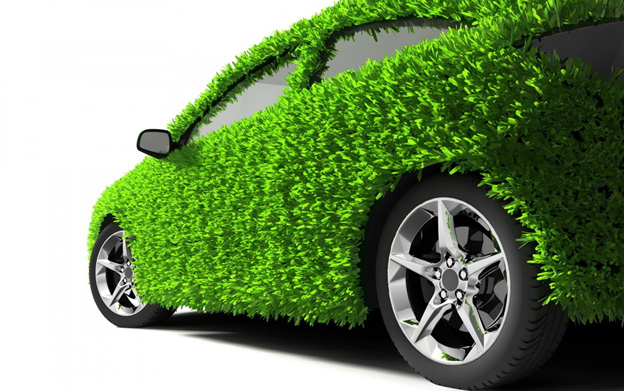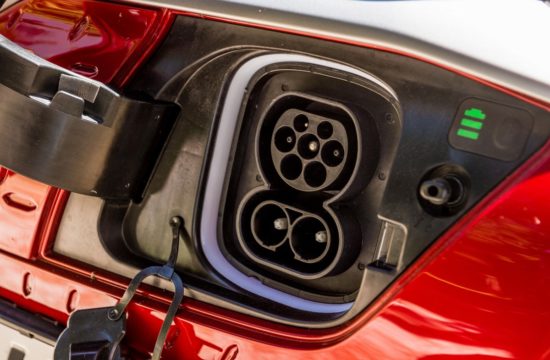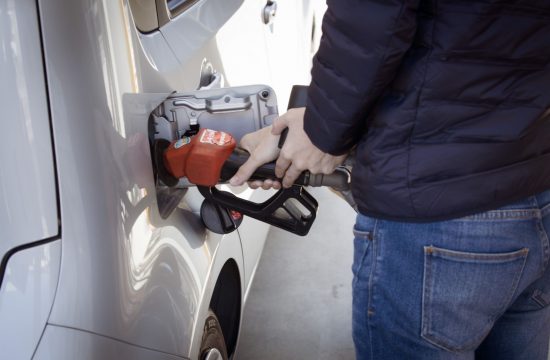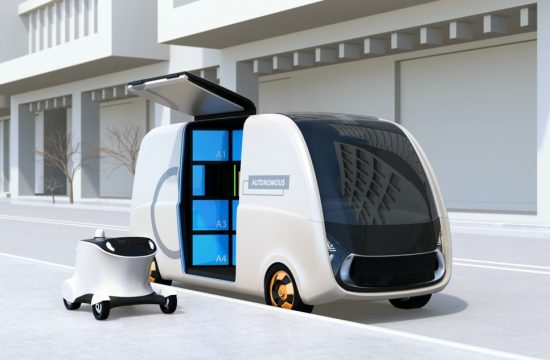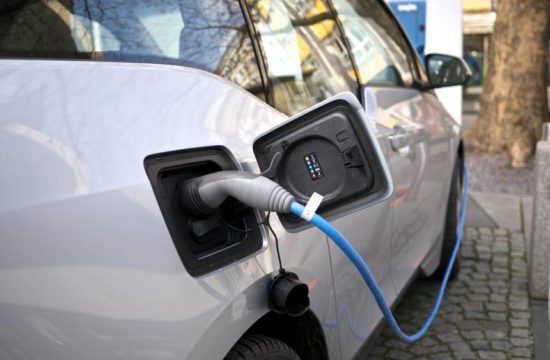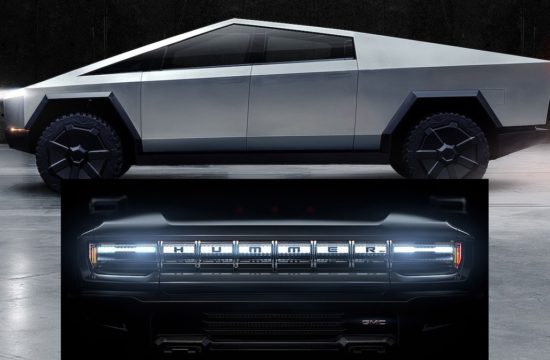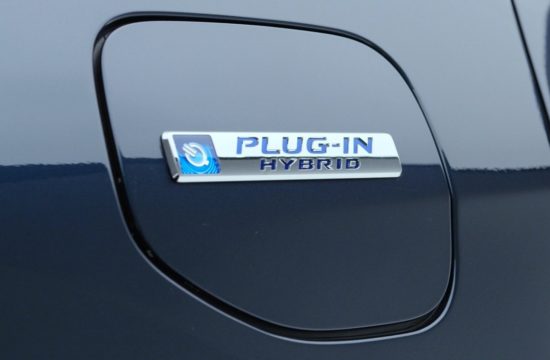The future of mobility looks green. With increased awareness among consumers about the importance of taking care of the environment, car companies like Toyota, Honda, BMW and Mercedes Benz are adding green cars to their automobile lineup.
A green car is designed to have less harmful impact to the environment. Unlike vehicles running on gasoline or diesel, an eco-friendly car uses alternative fuels like hydrogen, bioethanol and bioalcohol. Pushing for a greener auto industry, car companies are investing on advanced technologies to create commercial and personal vehicles that are not only energy efficient but are also safe and economical.
Green Branding
In a 2017 survey made by Autodeal, brand affinity emerged as an important consideration for consumers when buying a car. Because the public is more conscious about social, economical and environmental issues, automobile companies are enhancing their business functions with ecological responsibility and sustainability. Adopting green practices is a crucial move for car manufacturers to stay relevant and in demand.
In line with promoting eco-friendly practices, Toyota has come up with innovative cars designed to have a reduced overall carbon footprint. As the world’s largest car manufacturing companies, Toyota has significant contribution to the creation and advancement of sustainable cars. Toyota’s Prius model is regarded as the world’s first mass-market hybrid vehicle and is sold in more than 38 countries. Unlike ordinary single-engine vehicles, a hybrid car has two or more engines that work interchangeably. The electric engine is used for lower speeds while the gas engine is for higher speeds.
Honda is another auto company that has taken steps to make environmental protection a key component of its business strategy. Noteworthy for investing a lot of resources in creating fuel-efficient and hydrogen-powered vehicles, Honda also has a battery-powered car that completely eradicates the need for gasoline. It’s Fit EV model, for example, is an all-electric vehicle that uses no gas and has zero emissions.
New Models, More Sales
This year in India, various car companies showcased 65 new models of ready-to-launch and concept vehicles. Joining the pack was Suzuki, which unveiled e-SURVICOR, an electric concept car developed locally and is set to be launched in 2020. Not to be outdone, luxury carmaker Mercedes Benz presented its CONCEPT EQ, an all-electric vehicle, while BMW revealed its plug-in hybrid vehicle, the i8 Roadster.
When it comes to sales, eco-friendly vehicles are giving regular cars a run for their money. Based on industry data, green cars are poised to replace old car models reliant on gas and diesel. In South Korea, the sales of eco-friendly cars had an astounding surge at 41.6 percent in 2017. Thanks to the introduction of new models and positive consumer response, South Korea is proving to be a ripe market for green cars. Hyundai and its sister brand Kia, both leaders in the domestic car market, have sold 97,486 green cars in 2017.
Globally, Hyundai is making waves with its battery-electric Ioniq, considered to be the most energy-efficient car in the US, beating similar models from manufacturers like BMW and Toyota. Hyundai’s game plan is to focus sales in select states that are more receptive to green cars. It also provides extra services to the buyer such as vehicle-charging reimbursement, unlimited mileage allowance, and solid maintenance plan.
Style and Efficiency at Competitive Prices
Cost is an important consideration when buying any type of vehicle. While some green cars are a little more expensive than regular cars, the auto industry is coming up with well-made models at competitive prices.
The 2018 Tesla Model 3 is a good example of a green car that combines style, performance and technology at a more affordable price. With a base price of USD35,000, it will appeal to a lot of consumers as an affordable luxury vehicle. In fact, almost 400,00 reservations were made after Tesla announced the release of Model 3, making it one of the most anticipated launches for any car type. While there were delays in production, the company now hopes to release more cars by the middle of the year.
With a purchasing price of USD35,000, the Model 3 actually costs less than the average car in the US market, which is USD33,560. Different from compact electric cars, the Model 3 is expected to target the luxury sports car market. Given the car’s price, it will appeal to a lot of consumers as an affordable luxury vehicle. In fact, almost 400,00 reservations were made after Tesla announced the release of Model 3, making it one of the most anticipated launches for any car type. The car is set to be released in July this year.
More on the matter of cost, companies doing their share of green practices are also making it more rewarding to own an eco-friendly car. The Bank of America, for example, offers USD3,000 cash-back reward to its workers who use hybrid cars.
Design for a Greener Future
What good is a green car if it’s less efficient than a regular car? This is a serious question for developers who want to make green cars not only at par but better than regular cars. Looking at the design features of the latest eco-friendly vehicles, green cars appear to be living up to their promise of higher efficiency and improved environmental impact.
The 2018 Nissan Leaf is an award-winning car that has greater driving range than other green cars. It’s 150-mile battery electric range is a formidable feature in the fast-expanding green car market. The car’s sleek design also adds aesthetic value. But it’s the full suite of Nissan Intelligent Mobility technologies, including excellent aerodynamics, that gives the car its ultra modern character.
Another noteworthy car to watch out for is the Audi e-tron. Expected to be released in 2019, the Audi e-tron boasts a range of 310 miles, double of what current electric cars have. The secret lies in the car’s battery pack and three electric motors, which can provide a total of 496 horsepower. The low roofline is combined with traditional SUV styling elements, giving the car a classic yet edgy appeal.
With more car companies going green, it’s realistic to expect that global CO2 emissions will decrease. Outside the auto industry, it’s a positive development that The Solutions Project and other top companies are adopting ways to go green. Majority of car users still use gasoline and diesel-powered models, but concerted efforts of car companies and the growing popularity of green cars paint an optimistic picture for the environment and market trends.

